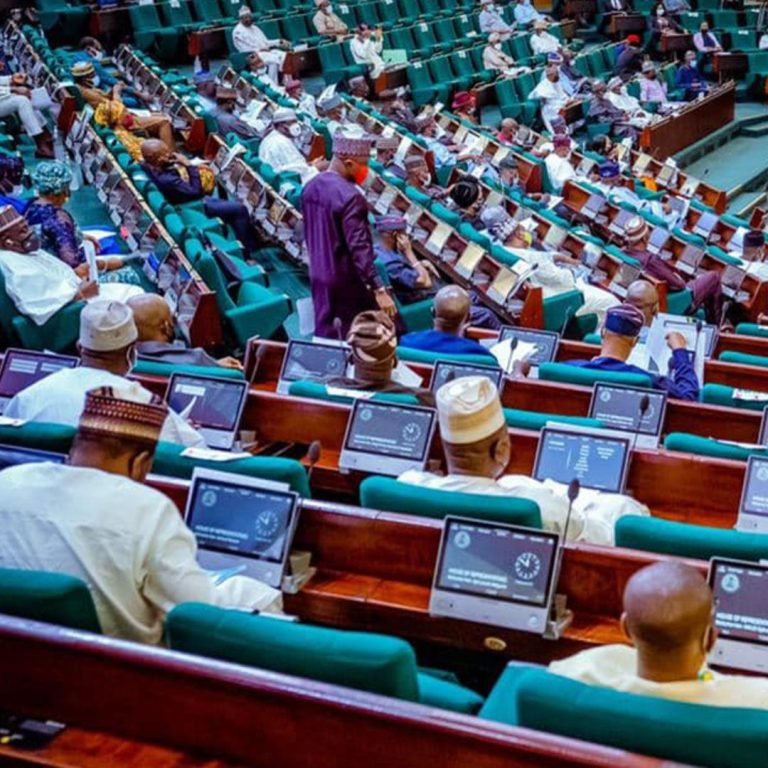The cancel culture does not respect anything or anyone, not even the Economic and Financial Crimes Commission (EFCC). In October 2024, 16 Nigerian state governors filed a suit questioning the EFCC’s legality.
As you know, the EFCC has been giving corrupt guys a run for their money since it was established by an Act of the National Assembly on December 12, 2002.
Despite their efforts, corruption has remained a major problem in Nigeria. In fact, in 2023, corruption ranked fourth on the list of problems stopping Nigeria from leaving the trenches. Since this is such a big problem in Nigeria, prominent citizens like Femi Falana have been forced to ask the question you’re probably thinking—“Why are Nigerian governors trying to cancel EFCC?”
Why?
For two decades, the EFCC has had the right to launch investigations, make arrests, and literally be the thorn in the skin of corrupt politicians. But now, these 16 Nigerian governors have filed the lawsuit based on the argument that the EFCC has no constitutional right to do that.
The EFCC says the governors are only coming after them because they intensified their fight against corruption by reopening fraud cases against 13 ex-governors and other politicians in January 2024.
The governors, on the other hand, insist they’re only against the EFCC because it was not created legally under Nigerian law. According to them, the anti-corruption agency was set up based on the points obtained from the United Nations Convention against Corruption.
Their argument is rooted in Section 12 of the 1999 Constitution, which says a treaty can only become law if the National Assembly passes it. For treaties affecting states, state Houses of Assembly must also agree. The states say this didn’t happen when the EFCC was established, making the law invalid.
They stood on their ten toes and clarified that the EFCC Act cannot apply to them without their approval. As a result, they wanted the court to declare that the EFCC and similar federal agencies (like the Independent Corrupt Practices and Other Related Offences Commission (ICPC) and the Nigerian Financial Intelligence Unit (NFIU) have no authority to investigate or interfere in how states or local governments manage their funds.
Is EFCC really illegal?
The question of whether the EFCC is legal or not can be answered by looking at the Constitution and how it defines the powers of the National Assembly. According to Senior Advocate of Nigeria (SAN) Femi Falana, the Constitution grants the National Assembly the authority to create and regulate agencies like the EFCC. This power is based on Section 15(5) of the 1999 Constitution, which makes it compulsory for the government to fight against corruption and abuse of power.
Falana argues that if the establishment of the EFCC seems to conflict with federalism (the balance of power between federal and state governments), it’s because the Constitution itself allows it. In his opinion, as long as the Constitution supports the creation of what EFCC stands for (to fight against corruption), there is no illegality. The Constitution does not limit the fight against corruption to specific levels of government—it applies to federal, state, and even local governments.
Sections 13 and 14(4) of the Constitution confirm that all government organs, councils, and agencies must work towards good governance and accountability. This means that the EFCC’s role in fighting corruption is consistent with the responsibilities laid out in the Constitution, making it a legally valid institution.
What’s the update?
On Friday, November 15, the Supreme Court dismissed the suit challenging EFCC’s legality, saying that the case lacks merit. Justice Uwani Abba-Aji, the lead judge in charge of the case, ruled that the states were entirely wrong to claim that the EFCC, created by an act of the National Assembly, is illegal or unlawful. Justice Uwani Abba-Aji ended the legality argument by saying that the EFCC does not need approval from state Houses of Assembly to be considered a legal entity. So the update is simple – EFCC is here to stay, and they’ll keep investigating and charging corrupt politicians and citizens in court.




